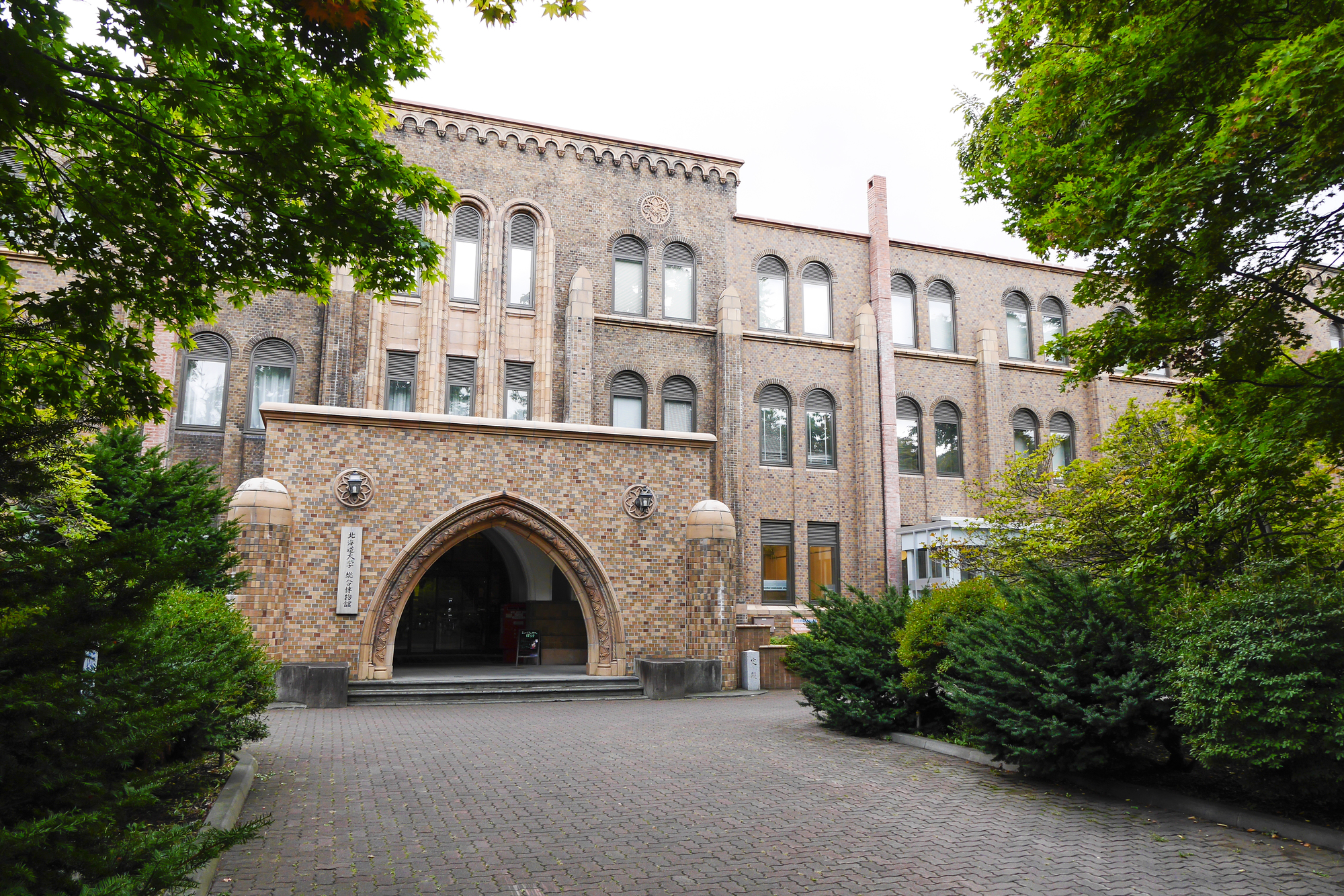A research group led by Professor Ken Katakura of Hokkaido University Graduate School analyzed the intestinal flora of Asian elephants introduced at Sapporo Maruyama Zoo in collaboration with Sapporo Maruyama Zoo, Myanmar Veterinary Science University, and Myanmar Wood Corporation. However, it became clear that new intestinal bacteria were acquired after the introduction from Myanmar.Advances in intestinal flora research for the health management of rare animals such as Asian elephants are expected.
In the wild, about 13 Asian elephants live in 5 countries in South and Southeast Asia.It is designated as an endangered species.The intestinal flora (intestinal flora) is a group of bacteria that inhabit the intestines of humans and animals, and is closely related to the health status of the host and changes in diet, stress, and environment.So far, there have been few studies on the intestinal flora of rare animals such as Asian elephants.
The research group collected feces from four Asian elephants introduced from Myanmar to Maruyama Zoo in Sapporo in November 2018, and compared their captivity in Myanmar with the intestinal flora after being introduced to Maruyama Zoo in Sapporo. However, it turned out that the bacterial composition had changed.After the introduction to Sapporo Maruyama Zoo, the diversity of the intestinal flora increased, new intestinal bacteria were acquired, and the proportion of the dominant bacterial group also changed.
In this study, it was found that Asian elephants acquired a new bacterial group from the environment due to changes in living places and diets.Feces can be collected without burdening animals, and are the best test material for obtaining health information from rare animals that are vulnerable to stress.In the future, by monitoring changes in the intestinal flora together with the health condition over the long term, it may be possible to apply it to the physical condition management of animals in zoos.

